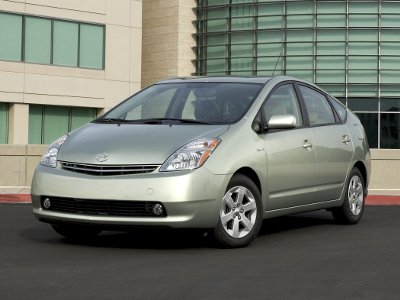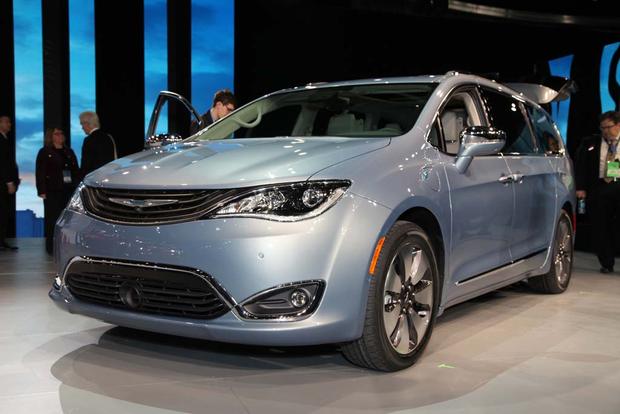-
2018 Buick Enclave “Avenir” will have ionic air purifier - April 12, 2017
-
Lease a Luxury Car for Less Than You Think - April 5, 2017
-
Shopping for a Car When Your Credit is Low - March 31, 2017
-
Aston Martin Closer to Unveiling Second-Generation Vantage - March 21, 2017
-
2017 Bentley Bentayga SUV: Offroad for $238,000 and Up - March 14, 2017
-
Pagani Huayra is Finally Here, Only $2.4M - March 9, 2017
-
Mercedes AMG E63 – For When Your Wagon Needs Drift - February 6, 2017
-
2018 Audi Q5 SUV: Enhanced Performance - January 30, 2017
-
2018 Toyota Camry Due in Late Summer - January 27, 2017
-
2018 Dodge Challenger SRT Demon Will Outstrip Hellcat - January 23, 2017
Hybrid Tax Rebates Expiring
Hybrid cars are a trade-off. You’ll get great gas mileage and pollute less with one, but you’ll also pay a substantial amount more for the technology. In order to encourage sales of hybrids and other low-pollution vehicles, the government offers tax breaks to buyers. The hybrid tax credits are usually between $2,000 and $3,000, and help decrease the cost for consumers. Those tax breaks are slowly dwindling down to nothing for popular hybrid brands like Toyota and Honda.
The tax incentives are vital to making hybrids an economical choice for consumers. With tax incentives, the cost difference between a hybrid and a similarly-equipped non-hybrid car is so high that it takes about 10 years for the gas savings to make up the difference. Without the tax incentives, it could take as long as 16 years to break even, The Wall Street Journal reports.
Tax credits start decreasing when a carmaker sells 60,000 vehicles that qualify. The clean diesels now offered by Volkswagen and Mercedes-Benz are included in the list. Toyota passed that number in 2006 and Honda hit it in 2007. The Prius and other Toyota hybrids have no tax breaks to encourage their purchase. Honda hybrids come with a small credit, but that will be disappearing at the end of the year.
Honda and Toyota are the only carmakers to have sold 60,000 qualifying vehicles at this time, so their hybrid cars and SUVs won’t come with rebates as high as other makes. If you’re in the market for a hybrid, make sure to check what kind of tax credit you’ll get on it.

Toyota’s Prius is no longer eligible for tax credits, but many other hybrids are.



















